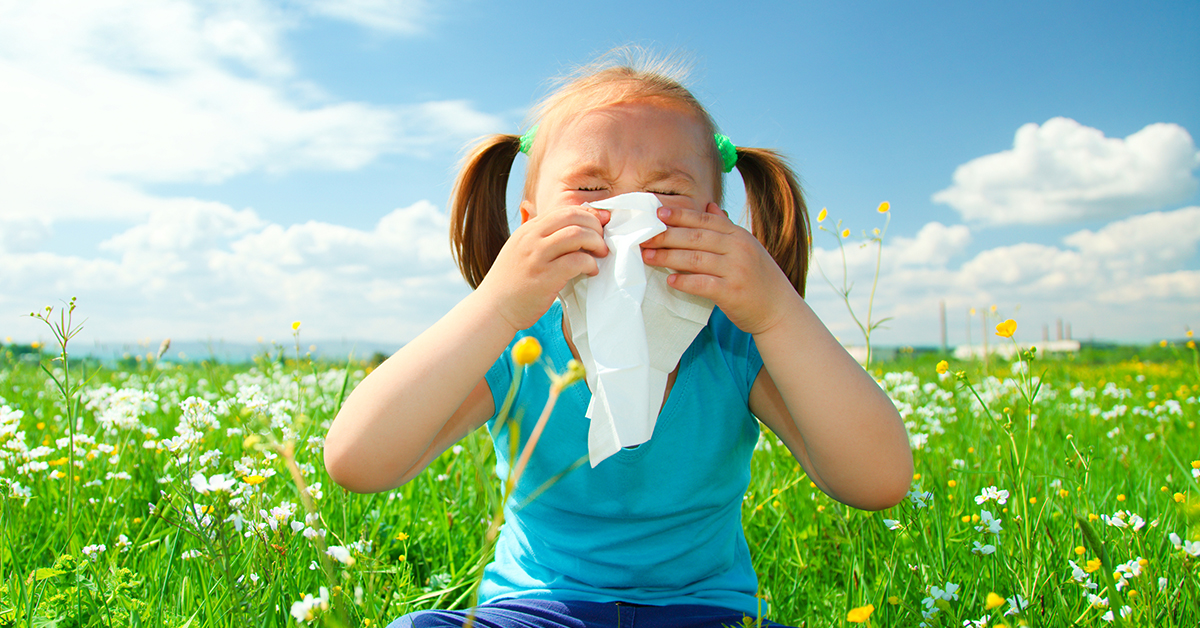
Four Effective Treatments for Children's Allergies
Allergies, including those that affect children, can vary in severity, time of year, and what part of the body is affected. Before you begin considering treatment methods, it's important to first identify that your child is actually affected by allergies, and not something like a common cold.
What are Allergies?
Allergies happen when the body's immune system overreacts to a foreign substance that is normally harmless. The foreign substance is then referred to as an allergen and can include things like:
- Pollen
- Dust or dust mites
- Pet dander
- Medications
- Food
- Insect bites or stings
What are Some Common Allergy Symptoms?
If your child comes into physical contact with an allergen it can produce allergic reactions to their skin that may include:
- Itchiness
- Red spots
- Scaly, swollen, or bumps on the skin
- Hives or raised welts
If your child breathes in an allergen, respiratory related allergies can include:
- Difficulty breathing including coughing, shortness of breath, or wheezing
- Sneezing
- Runny or stuffy nose
- Red or itchy eyes, ears, or throat
Other symptoms associated with allergies might also include:
- Digestion system issues, queasy stomach, diarrhea, or vomiting
- Dizziness or loss of balance
- Cramps
Treatment Option One: Avoid the Allergen
The best way to treat children's allergies is to avoid the allergen altogether. The first step in this process is identifying the specific allergen so you can develop a plan of action. If you don't know what your child's specific allergen is visit your child's doctor for help. They can perform allergy tests that can identify specific allergens. Avoiding specific allergens may involve avoiding prolonged times outdoors during certain months, additional cleaning of your house, or avoiding certain foods.
Treatment Option Two: Medication
Allergies can often be treated with over-the-counter or prescription medication. Speak with your doctor about the best options for your child. Usually, allergy medications include antihistamines (over-the-counter or prescription) or acetaminophen to treat mild symptoms. Medication can also include epinephrine to treat severe symptoms.
Treatment Option Three: Immunotherapy
One way of reducing the symptoms of allergies is to strengthen your child's immune system. Immunotherapy involves multiple injections by a doctor over a few years. The immunotherapy injections include small amounts of allergens that help your child's body learn to react properly to the allergens.
Treatment Option Four: Natural Remedies
You should consult with your doctor about different natural remedies that can help your child. For severe allergic reactions, natural remedies should never be used as the sole treatment method. But for mild symptoms, many people swear by them.
Natural remedies can include things like antihistamine creams and lotions, aloe vera gel, better filters on your air-conditioning system, or breathing in steam from a bowl of hot water or a Neti Pot. Natural remedies for digestion issues can involve changes to your child's diet to something bland (rice, bananas, toast).



